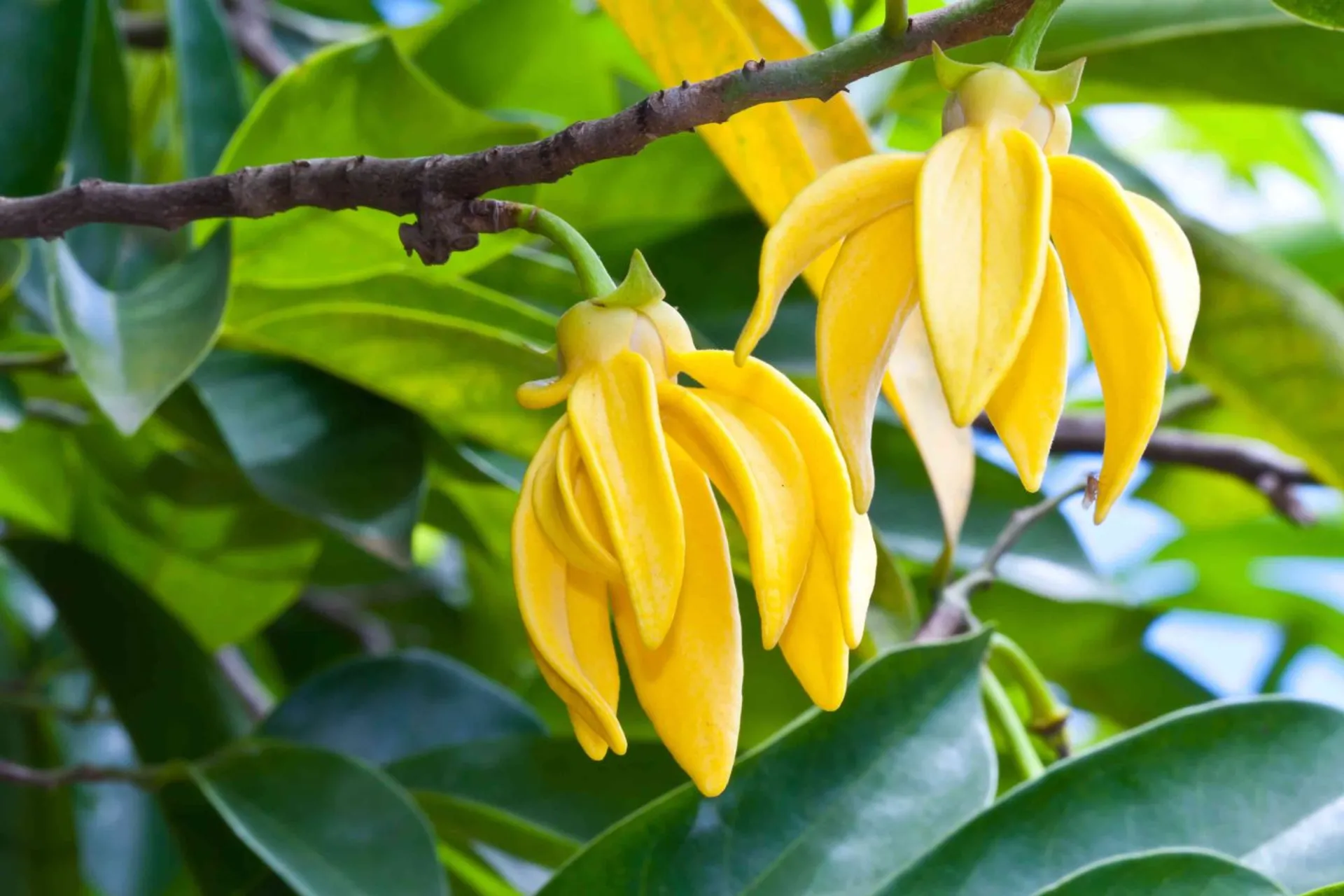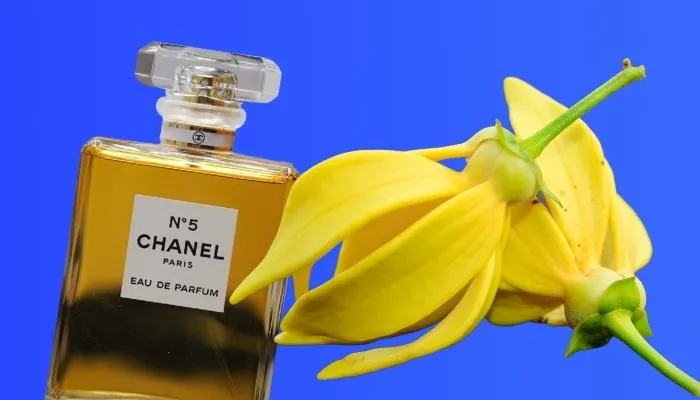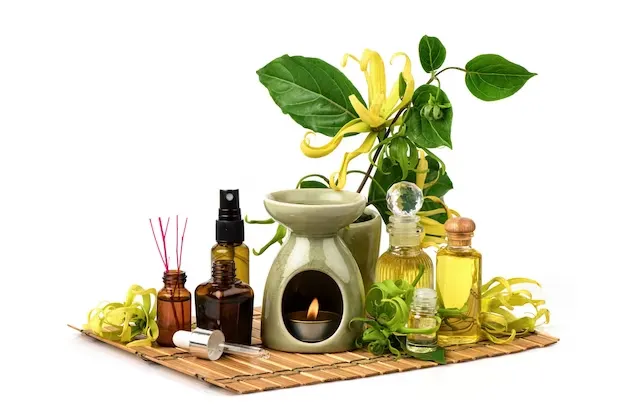
Originating from the Cananga tree, ylang-ylang, found in regions like the Indian Ocean and Southeast Asia, offers a surprising array of health benefits. This star-shaped flower is native to regions including the Indian Ocean, the Philippines, Malaysia, Indonesia, and parts of Australia, possessing a distinct fruity and sweet fragrance. Beyond its aromatic allure, this flower holds profound therapeutic value, notably as an essential oil integrated into spas, soaps, cosmetics, and perfumes, such as Chanel No. 5.

Ylang-ylang’s applications are diverse, ranging from body massages to aromatherapy for anxiety, depression, and insomnia. Revered for its tranquil and sedative properties, it aids in reducing blood pressure, relieving stress, and fostering a holistic sense of well-being. Moreover, ylang-ylang plays a role in various medicinal traditions, often administered topically or in paste form for an array of conditions including gastrointestinal issues, gout, malaria, asthma, arthritis, respiratory problems, and headaches.
Research highlights ylang-ylang’s remarkable calming and sedative effects, contributing to a profound sense of relaxation. Additionally, it has demonstrated the capacity to lower blood pressure and heart rate. In combination with other therapeutic herbs and plants, ylang-ylang exhibits exceptional efficacy against certain bacterial or parasitic infections. Notably, it proves supportive in managing chronic pain conditions exacerbated by inflammation, while also alleviating pain-related anxiety in experiments conducted on mice. Throughout Asia and parts of the Western world, ylang-ylang is instrumental in alleviating symptoms of malaria.

In many cultures, ylang-ylang has been considered an aphrodisiac. Its intoxicating fragrance is believed to have a romantic and sensual allure. In some cultures, ylang-ylang is associated with spiritual rituals and ceremonies. It’s believed to have properties that promote relaxation, balance, and mental clarity. In parts of Asia, ylang-ylang flowers are used to flavour food and beverages. The petals are added to coconut dishes, and in some regions, they’re used to infuse rice with a delicate fragrance.
Modern research has started to explore the potential health benefits of ylang-ylang. Studies suggest it may have anti-inflammatory, analgesic, and antioxidant properties. For those new to ylang-ylang, it is advised to blend it with a carrier oil before application, particularly for dry skin care or massage. A patch test is crucial to ensure compatibility, waiting 24 hours before full application.
Given that ylang-ylang contains several allergens, it is imperative to avoid applying undiluted ylang-ylang directly to the skin. Always dilute with a carrier oil and conduct a patch test before applying to a larger area of the body, face, or scalp. This comprehensive exploration of ylang-ylang not only sheds light on its therapeutic marvels but also delves into its rich cultural and culinary significance. It’s a testament to how nature’s wonders continue to enhance our well-being.
(Hero image credit: health.com/PHETPHU/GETTY IMAGE, and feature image credit: Style Craze)